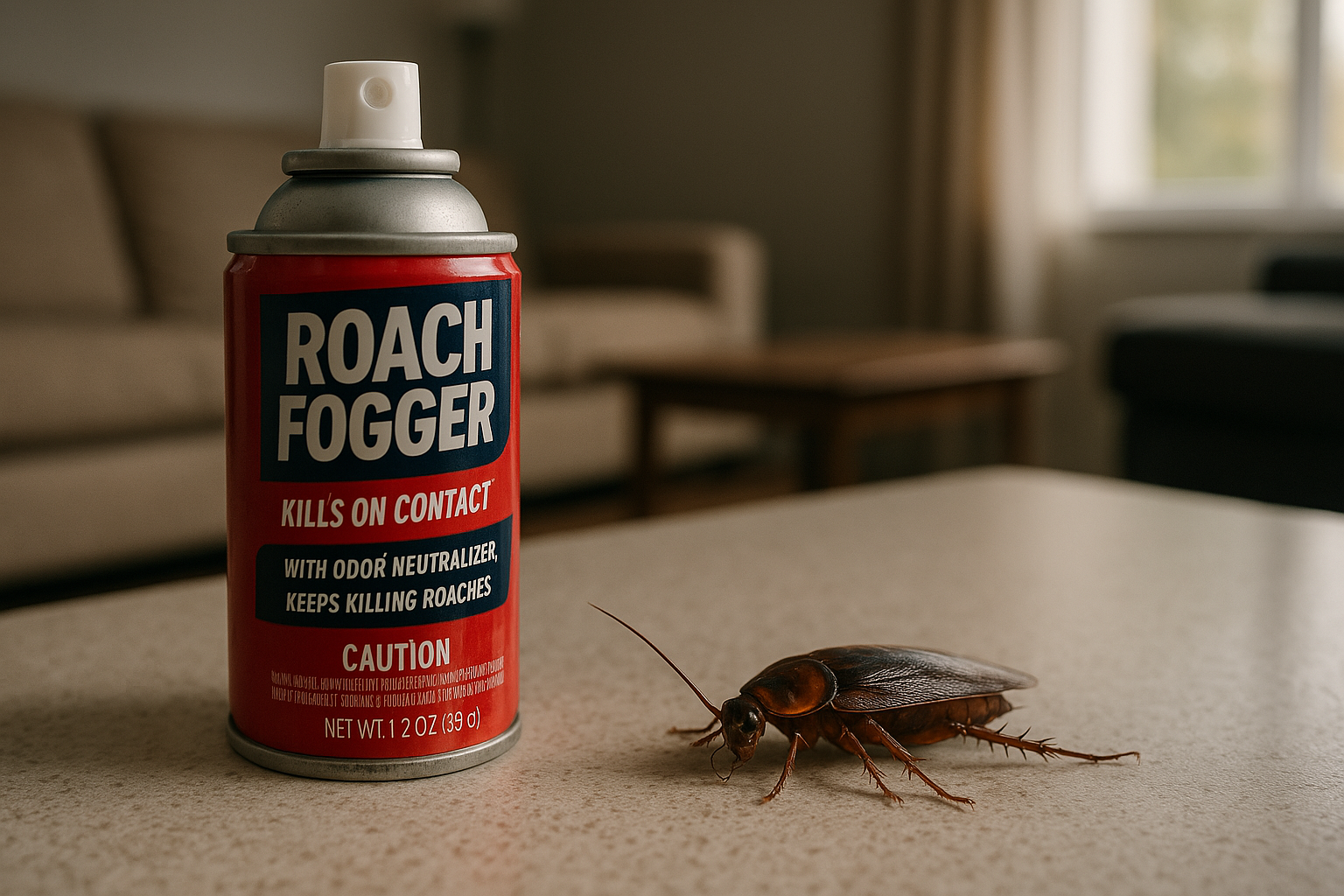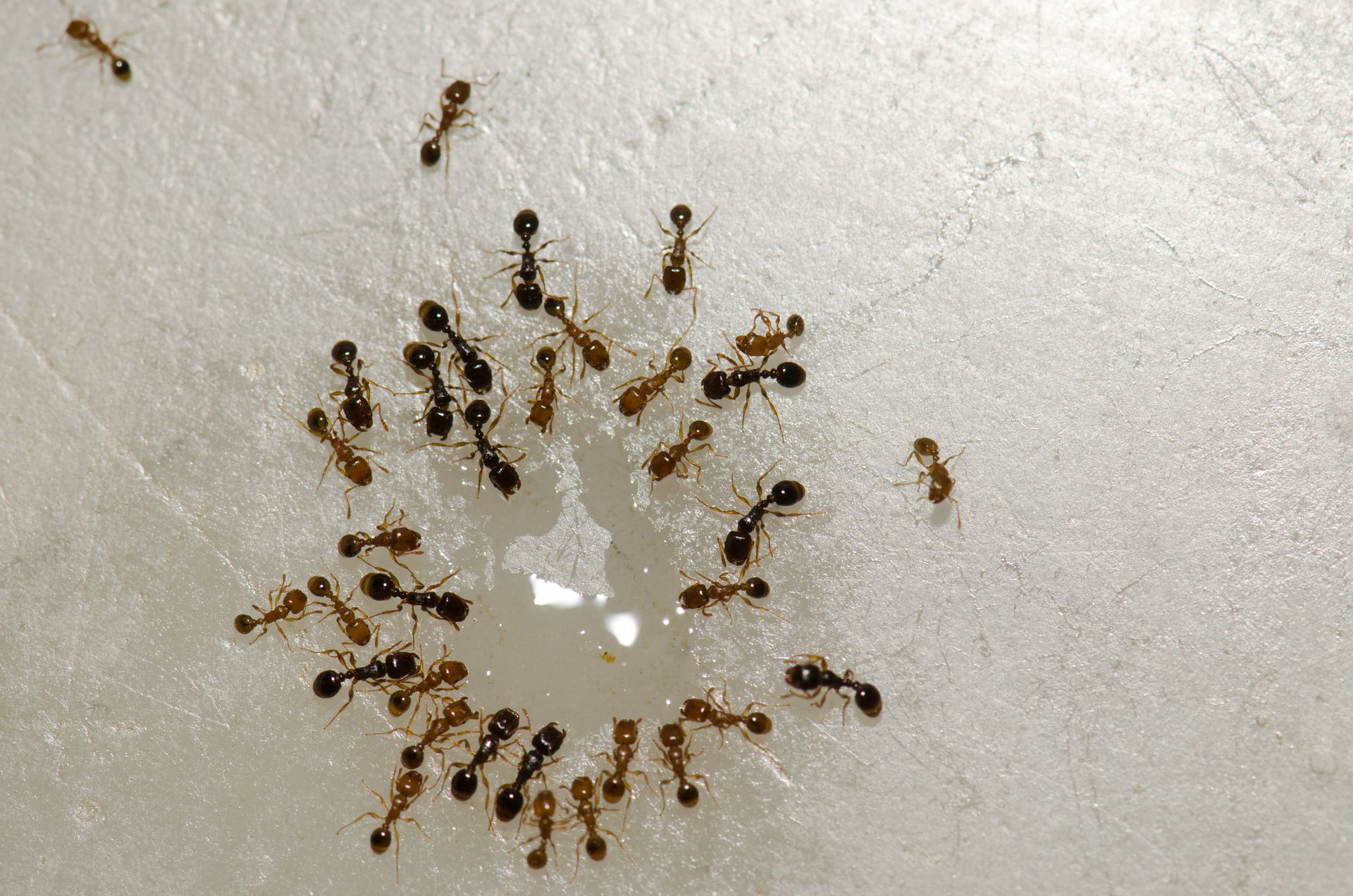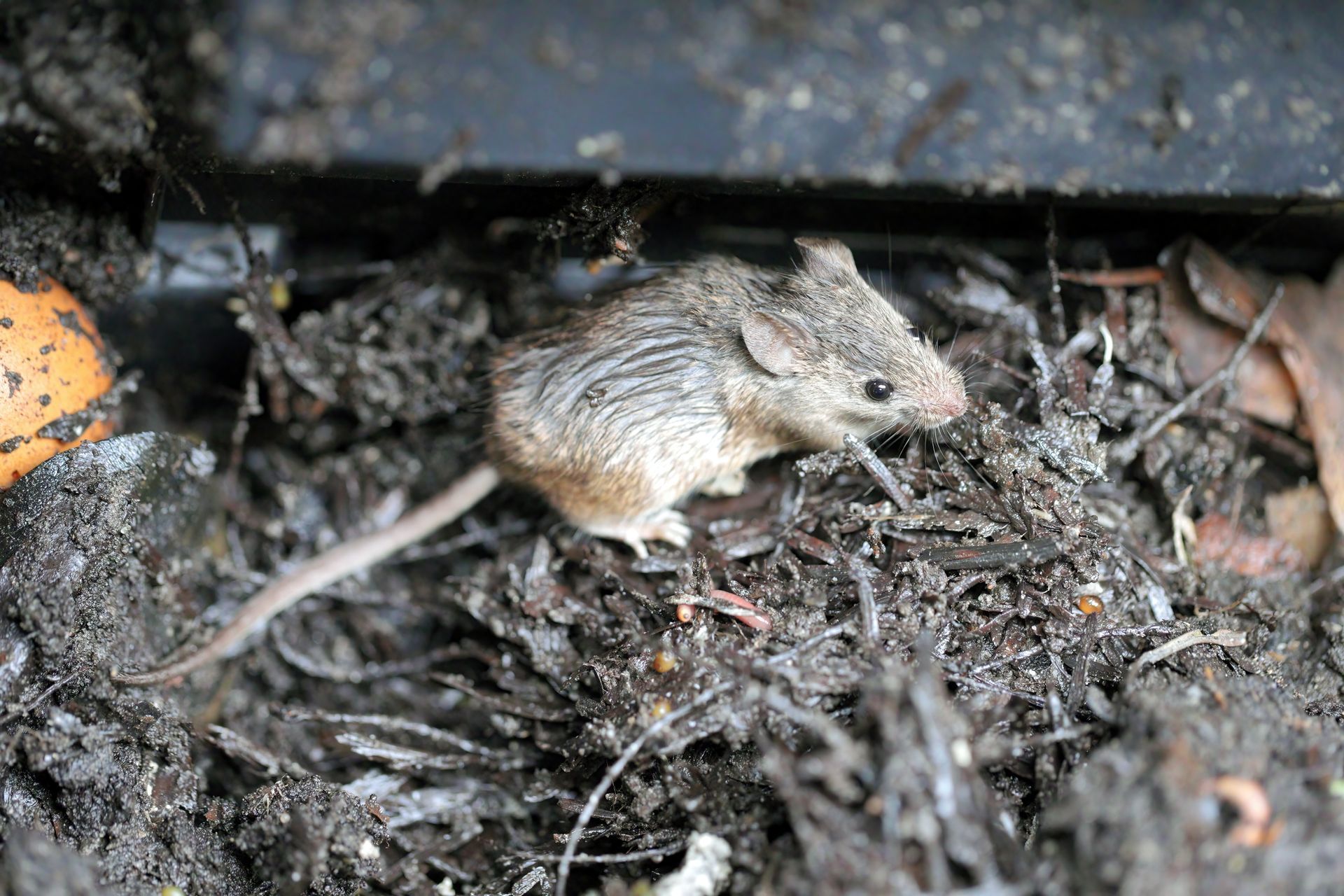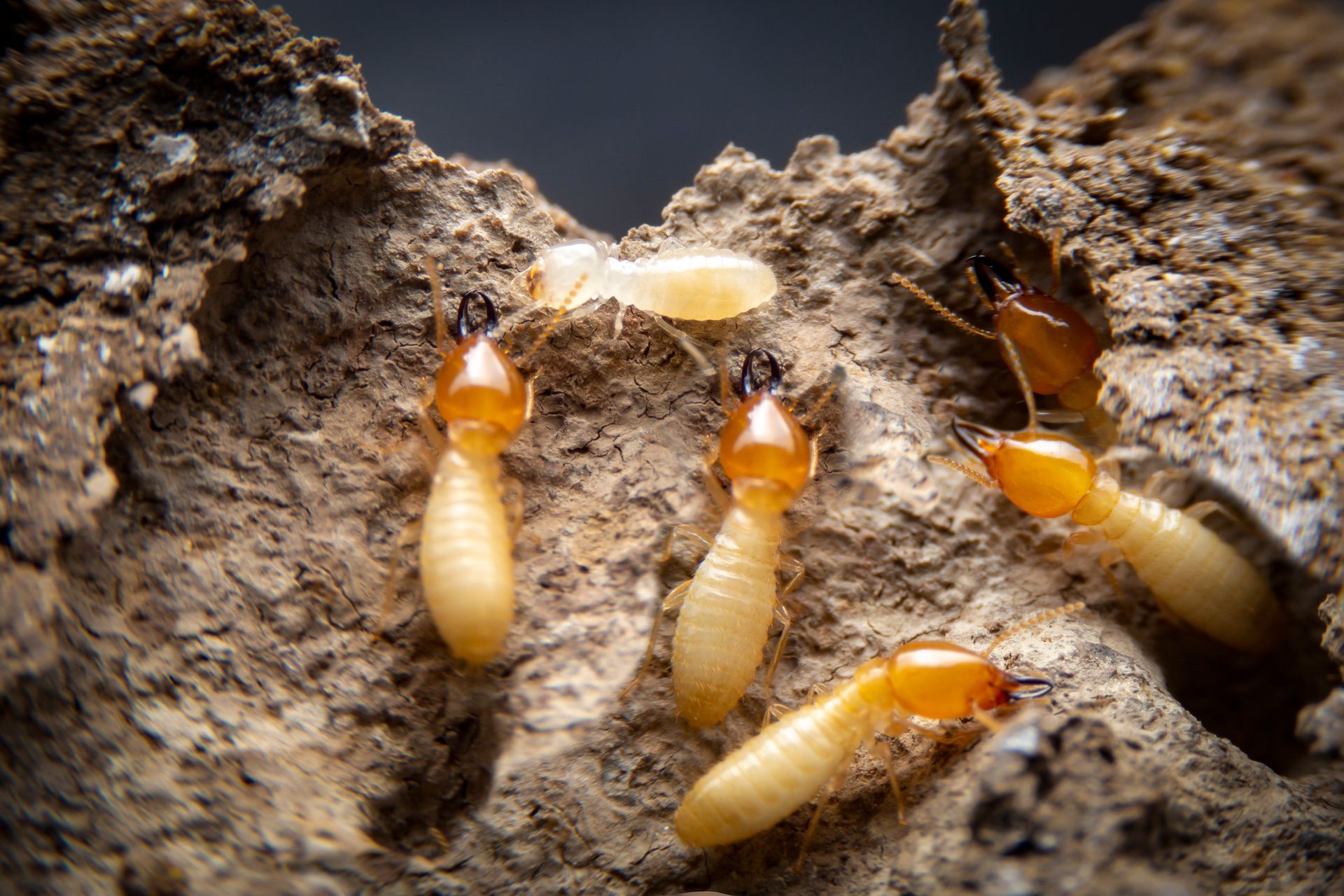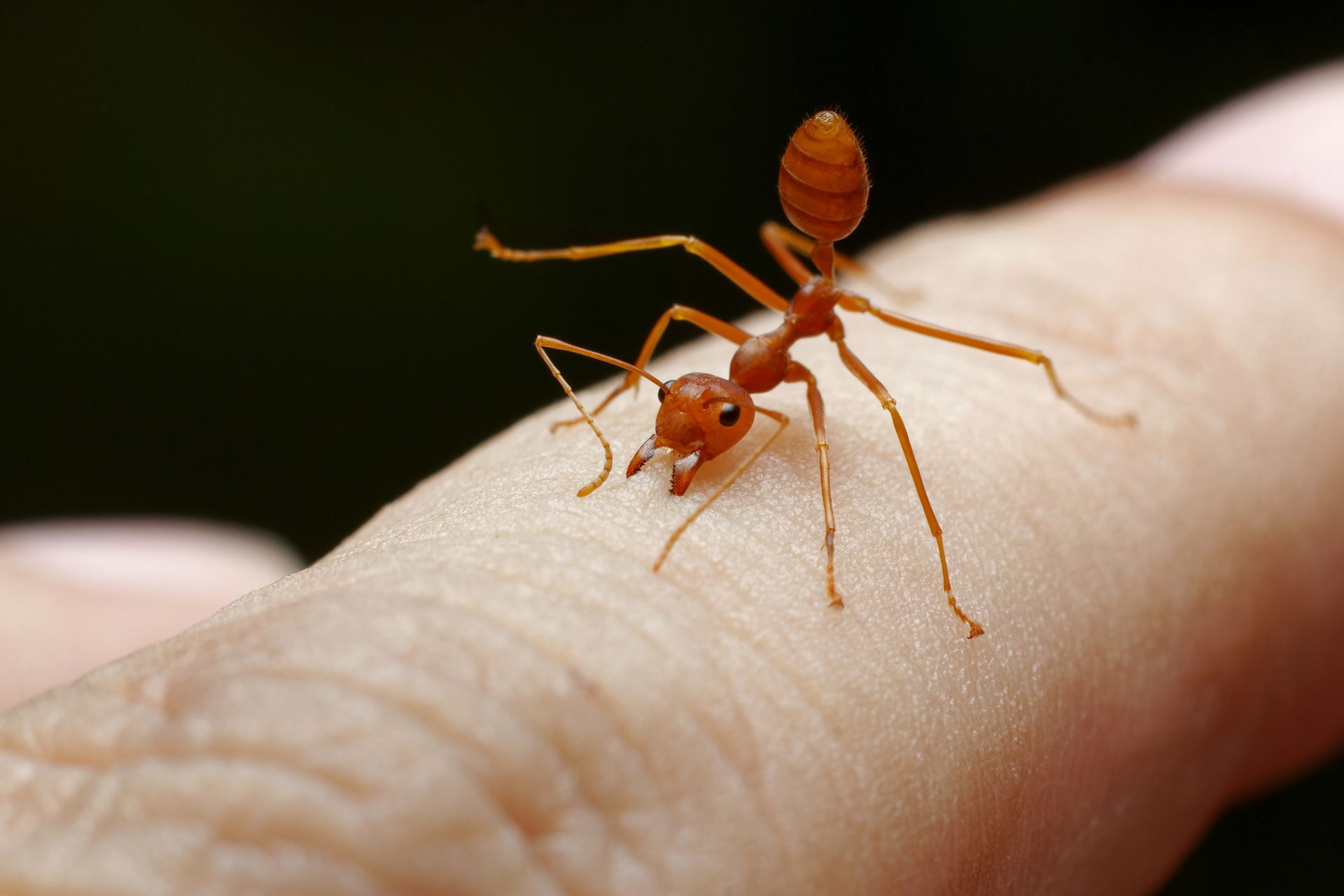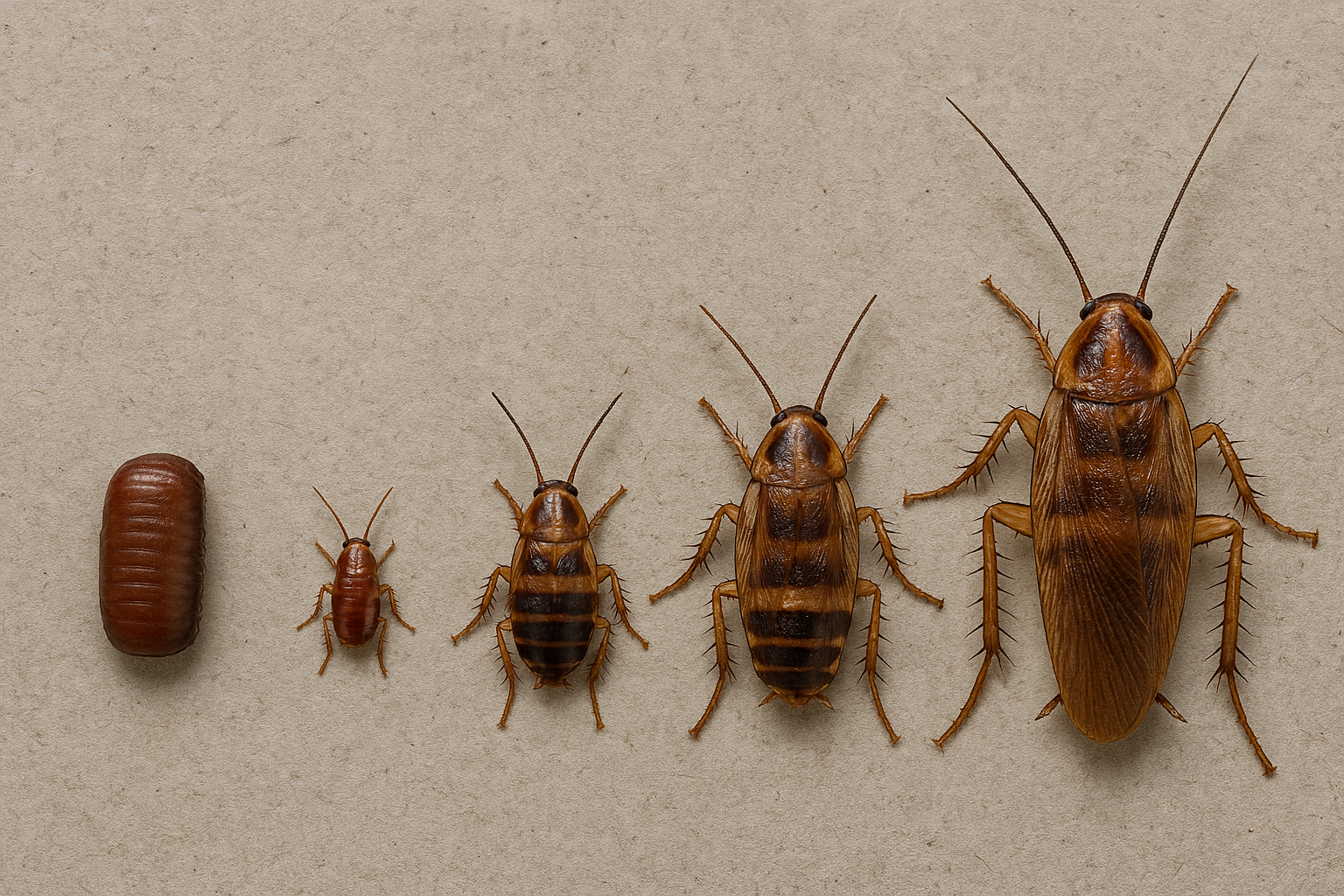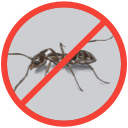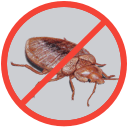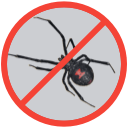Are Landlords Responsible For Pest Control
Is a Landlord Responsible for Pest Control?
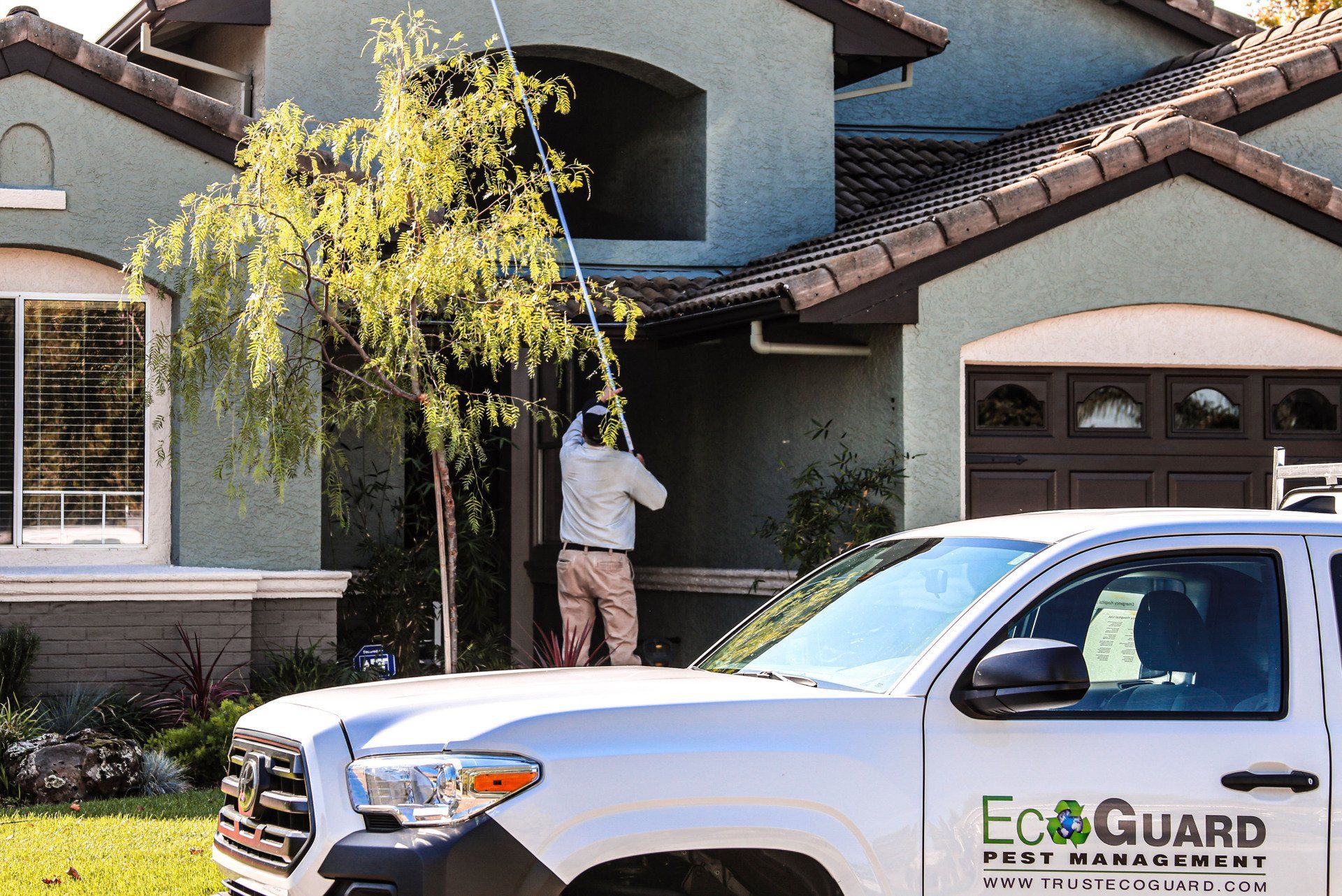
When rental properties are infested by bugs or other pests, it can start the debate of whose responsibility is it to address the problem. More often than not, it falls on the landlord to ensure that a rental property is kept pest free. There are circumstances in which a tenant may be liable for the pest control costs which is why there is often conflict between the 2 parties when there is uncertainty around what may have caused the pests. We always advise to check your local laws and regulations because they are different in every city. The following information is not legal advise.
Don’t Wait When There is a Potential Health Threat
Regardless of whose responsibility it is, it is generally a good rule of thumb for both tenants and landlords to address any new pest problems immediately due to the potential health threats that may arise from pest activity. It may not seem like a big issue but increasing appearances by some pests usually means that there are many more lurking unseen in the shadows. Tenants have the responsibility to inform landlords as soon as possible while also maintaining an environment that is not conducive to pest proliferation. If a tenant notices a pest problem and are unable to get a response from their landlord, they should attempt DIY pest control or schedule an appointment with a pest control service. Landlords, on the other hand, have a duty to ensure the safety and wellbeing of their tenants. This means that landlords should have regularly scheduled pest control visits to minimize the likelihood that pest become a problem. In the event that pests are found, landlords should take immediate steps to mitigate the problem and then worry about the financial responsibility later.
How Pest Control Responsibilities Change from State to State
Since the pest control apartment laws that determine landlord responsibilities vary from state to state, it can be hard to pinpoint whose responsibility pest control falls under. Each state also determines the boundaries of what is considered “habitable living conditions” in rentals. Both of these factors make it hard to create universal guidance on pest control responsibilities for both landlords and tenants, so it is important to look up state laws for clarification.
Are Landlords Responsible for Pest Control? Or Tenants?
Typically, the landlord is responsible for a providing a clean and habitable house or apartment when a lease starts as well as maintaining general pest control throughout the duration of the lease. Addressing any pest control issues also falls in the scope of the landlord responsibilities.
Landlord Responsibility Regarding Pest Control
The following are all things that the landlord is typically responsible for:
- Complying with the standards of habitability as laid out by local law and ensuring that the home is in compliance with local building code when the unit is provided to tenant
- Providing pest control or enlisting pest control services to implement regular preventative pest control measures including inspection, pesticide application, and exclusion measures
- Providing tenants with materials to help educate on how to minimize the likelihood of pests after a tenant moves in
- Reacting to reports of pests as soon as they are notified
- If pests are reported by tenants, communicating the severity of the issue and coordinate appropriate treatment
Steps for Landlords to Take When a Tenant Reports Pests
If a tenant were to report a pest problem, there are a few steps that landlords should follow to ensure their duties are fulfilled:
- Look into the complaint and provide an immediate and appropriate response to address the complaint
- Identify the pest problem or hire professionals to do an inspection
- Provide pest control or have professionals provide treatment
- Discuss the results of inspection with tenants to determine if fault for the pest problem was preventable by action of the tenant
- Follow up by checking the lease agreement to determine financial responsibility
- Accept financial responsibility or provide tenant with invoice if cause of pest problem was determined to be the tenants
How to Include Pest Control Clauses in a Rental Agreement
It is critical for landlords to include a section in their lease agreement that outlines each party’s responsibilities to avoid potential disputes after the fact. This section needs to comply with local laws, but many local laws establish that tenants can be made financially responsible for pest control if they:
- Introduced the pests by bringing used infested furnishing inside the home
- If they were grossly negligent in maintaining a clean and habitable environment which in turn attracted pest to a home
How Long Does a Landlord Have to Take Care of Pests?
When a landlord is notified of a pest problem, it is their duty to act immediately. If a landlord fails to provide a remedy to the pest problem, it could lead to conflict and the tenant potentially withholding rent or breaking the lease. It is also the landlord’s duty to be in communication with the tenant throughout the process to let the tenant know when to expect pest control treatments. Due to all of this, it is in the best interest of the landlord to keep everything pertaining to the pest complaint documented. By noting when the complaint came in, what was done in response, and when a remedy was provided, the landlord can help protect themselves from future legal problems. It also helps to keep note of the invoice, any notes provided by the exterminators, and documentation of any correspondence between the landlord and tenant.
Is Regular Pest Control Mandatory?
Regular pest control may not be mandated by local laws, but it is important to remember that even though tenants may be occupying a home, the home still belongs to the landlord. For this reason, it still makes sense to provide regular pest control treatments on a quarterly or bimonthly basis to minimize the possibility of infestations of pests like termites, cockroaches, ants, etc. It also helps to ensure that the lease clearly dictates who is responsible for pest management before a tenant signs and take over the property. Normally, the landlord will provide a pest free home upon the start of a lease and provide seasonal or quarterly pest control. Anything outside of the scope of what is determined in the lease will generally fall on the responsibility of the tenant.
Tenant Responsibilities for Pest Control in Rentals
Even though landlords are responsible for pest management in rentals, tenant are responsible for:
- Maintaining a clean environment free of trash, food waste, clutter, and other pest attractants
- Treat any pets with the appropriate medications to avoid fleas and ticks
- Be careful not to introduce pests by bringing in infested secondhand furniture, luggage, or boxes
- Report any potential access points that may allow pests inside
- Report any leaks that may create breeding grounds for pests
Steps Tenants Should Take When Pests are Found
If a tenant discovers pests or signs of pest activity, they should:
- Report any signs of pests, pest activity, or pest damage to the landlord as soon as it is noticed
- Allow a window for the landlord to have a professional pest inspection and treatment completed
- Check the lease agreement to ensure whose responsibility it is to address the problem
- Take action by implementing DIY pest control or hiring a pest control service if the landlord fails to provide an immediate remedy
Tenant Pest Control Rights
If a landlord fails to uphold their duty to provide pest control when a pest complaint is made, tenants typically can resort to the following recourses if they are not at fault. That being said, the limitation of these solutions all depends on what local laws say the tenants have a right to do.
- Withhold rent: Tenants are usually within their rights to hold rent until a property is habitable. Until proper treatment has been implemented and the pests have been cleared, tenants can and should stop paying since they are no longer provided with uninterrupted enjoyment of the home they originally signed for in the lease.
- Break the lease: In severe cases of pest infestations that were not the fault of the tenant, tenants have the right to break their lease and move out. The lease is predicated on the fact that the tenants can enjoy their time in a habitable environment. The second a habitable house is no longer being provided with no remedy to a pest problem in sight, the lease is void.
- Relocate temporarily: If a home is no longer habitable due to pests, tenants have the right to temporarily relocate at the expense of the landlord. These costs can be deducted from the following month’s rent since that money was put towards an alternate place to live while the pest problem was being resolved.
Why Pest Control is Important
Providing pest control is critical in ensuring that a habitable property is provided to a landlord’s tenants. The following reasons are all benefits that are provided by maintaining proper pest management:
- Health & safety: Pests can introduce a number of insect or rodent borne pathogens that can contaminate food and other resources that humans come into contact with. By keeping a house or apartment clear of pests, a landlord can minimize the possibility of tenants getting sick or worse.
- Damages: Several pest types from termites to rodents can cause severe damages to personal and real property. Ensuring that regular inspections check for the emergence of any of these destructive pests are beneficial for tenants but even more so for the landlord who owns the home.
- Reputation & income: In the digital age, even homes and apartment buildings can come under scrutiny through negative reviews or public complaints that identify a property as infested with pests. This can have a devastating impact on the overall income a property generates because a home with a lackluster reputation may suffer.
- Higher vacancy or turnover: Similar to the income taking a hit, the other ways operating costs may increase with pest problems is increased vacancy or turnover. If pests continue to cause problems, it may give tenants an easy way to break their lease and may make it harder to find decent tenants. Landlords know that taking hits in either of these can drastically increase net operating costs which reduce profits.
Is the Landlord or Tenant Responsible for Paying for Pest Control?
Regardless of the building type, pest control costs are usually shouldered by the landlord. There are a few circumstances when that financial liability can be transferred to the tenant, but those situations are typically difficult to navigate and reason for debate and conflict.
When Do Landlords Pay for Pest Control?
The law usually mentions an “implied warranty of habitability” which means that landlords have a duty to provide a clean and habitable property as well as maintain living conditions that meet the standards of local laws. Having a pest infestation violates those standards which often times makes the landlord responsible for addressing any pest problems. Addressing pest control problems can include attempting to take care of the problem through DIY methods but it is important to remember that an unresolved pest problem can give the tenants right to certain recourse if the problem is not resolved quickly. This is why it is beneficial for the landlord to just hire professional help to ensure that the problem is resolved effectively and quickly.
When Do Tenants Pay for Pest Control?
As mentioned previously, the tenant can sometimes be on the hook for the financial burden of pest control services. The primary reason for when a tenant is responsible for pest control is when pest activity can be attributed to the tenant’s actions or behavior. Some examples of these types of situations include:
- Inviting cockroaches, ants, or rodents by maintaining unreasonable levels of trash and filth
- Failing to treat pets properly for fleas and ticks
- Bringing in furniture or luggage into a home that contains bed bugs
Types of Pests That Can Infest a Property
Regardless of the property type, pests are an ongoing threat to all landlords and tenants. It is not uncommon to deal with pests at some point during a tenant’s occupation but addressing the different pest types before they get out of hand is critical to effective pest management. The different types of pests that are common intruders are:
- Cockroaches
- Rats / mice
- Ants
- Bed bugs
- Termites
- Silverfish
- Wasps
- Beetles
- Crickets
- Fleas
- Flies
- Moths
Anytime these pests start to appear, it is important to deal with the problem right away because they all have the ability to reproduce quickly and get out of control.
Hire Pest Control Specialists to Prevent or Stop Pest Infestations
If you are a landlord or a tenant that is currently dealing with a pest issues, it is time to reach out to qualified professional pest control experts to help assist with eradicating your pest problem. The team at EcoGuard are all licensed and experienced pest control experts who can inspect your property and create a customized plan to effectively eradicate your pest problem. Call EcoGuard today to schedule your initial pest inspection so we can get started!
EcoGuard Does Not Provide Legal Advise
If you have additional concerns about your pest situation please check your local laws and regulations for more information. A licensed law professional may also be able to assist you.



